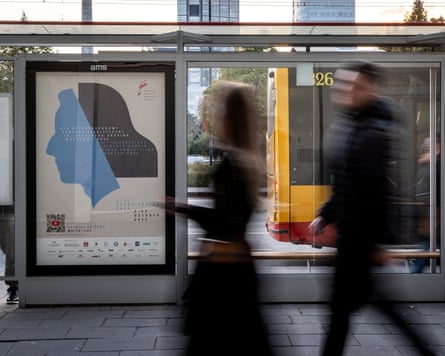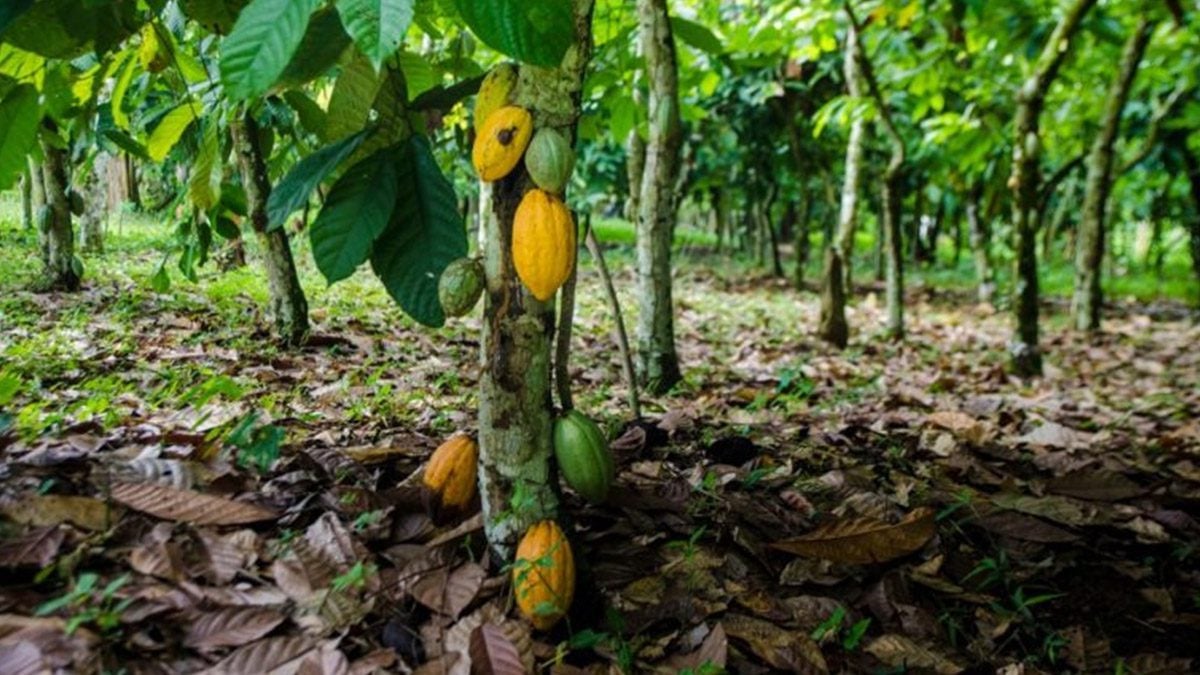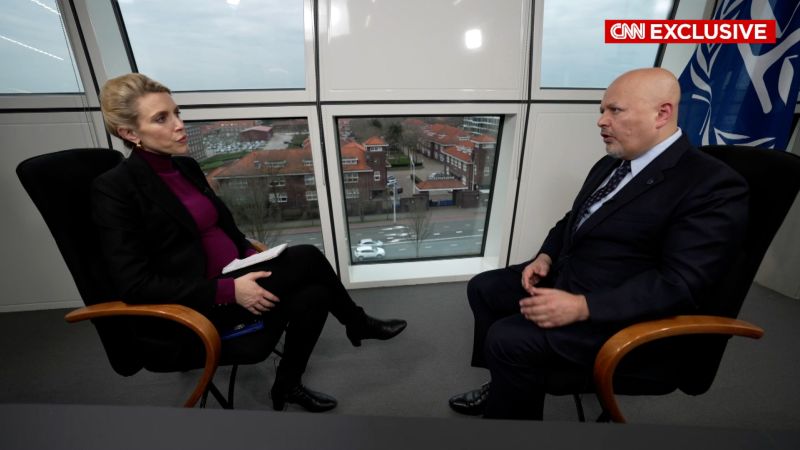A little while ago the Guide looked at the wave of international post-apocalyptic dramas washing up on our shores, bringing tales of climate catastrophe, violent autocracy and alien invasions from as far afield as Argentina, Nigeria and Korea. As well as revealing just how terrified the whole world is of the prospect of institutional collapse, it also – somewhat more positively – underscored what a globally connected industry TV is in 2025. Streaming networks, satellite channels, YouTube and hooky pirate streams can instantly serve up local content from every continent (Antartica excepted, though I’d love to hear if there’s a penguin mob drama from King George Island that I’ve missed).
Still, as intermingled as TV is these days, there are still so many programmes that will probably never reach our shores despite being absolutely massive with their domestic audiences. So this week we wanted to shine a light on those shows by asking some of the Guardian’s foreign correspondents and contributors what people are watching in the countries they cover. Read on for tales of Jamaican breakfast telly, Brazilian telenovelas and Japanese red bean paste-based superheroes.
Brazil | Vale Tudo

Even if Brazil’s longstanding love affair with telenovelas has been somewhat affected by streaming and by competition from K-dramas and Turkish equivalents, the most talked-about and most watched TV show in Latin America’s largest country is, unsurprisingly, a soap opera. Vale Tudo (“anything goes”) is a reboot of a production considered one of the most important of the genre and a massive success in 1988 and 1989, when Brazil was still recovering from the brutal two-decade military dictatorship, and revolved around the question: “Is it worth being honest in Brazil?”
The new version – launched at a moment of profound political polarisation – has shed much of the original’s political focus, but has drawn strong ratings and sparked heated online debates. While many viewers enjoy the reboot, with clips going viral on social media, there has also been criticism of changes to the original plot and of the reproduction of stereotypes often associated with Black women in relation to one of the protagonists. Tiago Rogero, South America correspondent
Nigeria | Big Brother Naija
You could write a compelling dissertation on Nigeria’s relationship with neighbourly boundaries and the nation’s continued interest in monitoring more than two dozen strangers locked in a shared home. The latest season of Big Brother Naija is on now, and it still manages to drive more conversation, especially on social media, than any other pop culture event that isn’t Premier League football.
BBNaija enjoys the sort of cultural breakthrough that makes the drama difficult to avoid even if you don’t watch it, while contestants can still expect to leverage their appearances into a life (however temporary) of fame and brand deals. This will endure for as long as the producers maintain their incredible ability to select the perfect mix of contestants who all seem born for the 24-hour stage. Dipo Faloyin, author and contributor to The Long Wave
Japan | Anpan
According to the latest figures available, Japan’s highest rated regularly scheduled programme is Anpan. It’s the latest in a long series of 15-minute dramas, called asadora, broadcast in the morning Monday through Saturday by public broadcaster NHK. Anpan is based on the life of Nobu Komatsu, whose husband, Takashi Yanase, created the Anpanman (literally, Bean Paste Man) pictures books and animated series that have amused and enthralled generations of Japanese kids.
Anpan tells the grit-through-to-glory story of a young woman who experiences the horrors of the second world war and, with her husband, creates a gentle-spirited picture book series in the 1970s whose hero Anpanman – a red-bean-filled pastry with a cape – selflessly helps those in danger and need, even giving pieces of his soft, sweet head to feed the starving. Like most asadora, Anpan is visual comfort food, with a heartwarming, uplifting story that soothes the unsettled mood of the moment. Mark Schilling, Tokyo-based entertainment writer
after newsletter promotion
Jamaica | Smile Jamaica
Typically most people in Jamaica get their media content from the US, but despite this the local channel Television Jamaica’s Smile Jamaica morning show remains a critical part of the country’s routine.
Airing from 6-8.30am, with a weekend version on Saturdays, it has an eclectic mix of light entertainment and segments on heavy topical issues. So you will get viral dance and pilates tutorials, intriguing interviews with a Jamaican Michael Jackson impersonator and the makers of a new canned curry goat, but also discussions on Jamaica’s firearms laws and the tough subject of suicide prevention after the nation was rocked by the death of former Miss Universe Jamaica contestant Tyra Spaulding at just 26. The show is a great example of Jamaica’s heavy investment in its film and TV industry, with a number of local film festivals every year and the government recently announcing $668m (JMD) for local film productions. Natricia Duncan, Caribbean correspondent
Poland | International Fryderyk Chopin Piano Competition

It’s perhaps not the usual definition of a TV blockbuster, capable of attracting millions of viewers. Still, much of Poland will be glued to their screens for the next three weeks after the twists and turns of the latest edition of a prestigious piano competition celebrating Poland’s composer and virtuoso, Fryderyk Chopin.
The 19th edition of the International Fryderyk Chopin Piano Competition started yesterday. It will see 84 pianists from 20 countries – narrowed down from more than 640 submissions – contending for the top prize, often seen as a golden ticket to play in the world’s greatest concert halls.
The event, resembling the Olympic Games for pianists, takes place every five years and draws thousands of classical music lovers to the Polish capital, with tickets selling out a year in advance. This time the host nation has 13 participants, but the US pianist Eric Lu, Canada’s Kevin Chen and Korea’s Hyuk Lee are seen as some of the favourites.
The competition is broadcast by Poland’s public broadcaster, TVP, and streamed online by the Chopin Institute, and the winner’s show concerts start on 21 October. Jakub Krupa, Guardian Europe live blogger
If you want to read the complete version of this newsletter please subscribe to receive The Guide in your inbox every Friday









 English (US)
English (US)